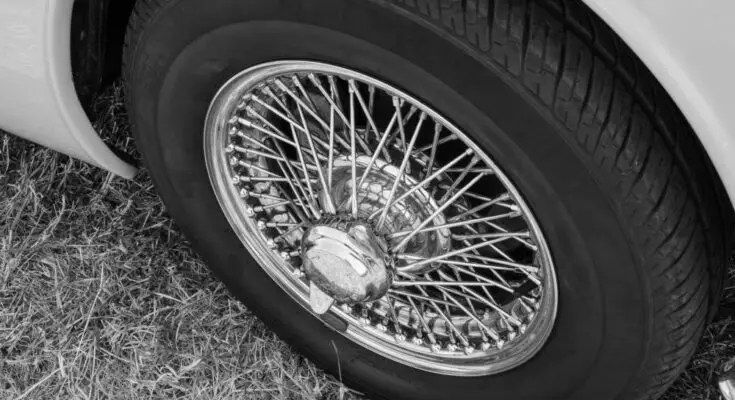Wire wheels aren’t just about looking good. They play a critical role in your car’s performance, affecting everything from handling to ride smoothness. For car enthusiasts and DIY mechanics, maintaining those gleaming wire wheels is a labor of love, and it isn’t short of its share of challenges. Learning about the common causes of wire wheel damage can keep them in pristine condition and make such challenges manageable.
Potholes and Other Road Hazards
Wire wheels, while stylish, are fragile. Potholes and road hazards like debris or uneven pavement can wreak havoc on them. Direct impact with these obstacles can bend or crack the delicate spokes or the rim itself. You might not notice initial damage, but over time, these small imperfections can lead to bigger issues.
These damages affect the aesthetics and hinder your car’s alignment and handling. If you’re serious about maintaining your wheels, always keep an eye out for road conditions. Avoiding potholes when possible and taking caution on rough roads is vital for prevention.
Improper Cleaning Techniques
A clean wheel is a happy wheel but cleaning them wrong can do more harm than good. Many car enthusiasts think all cleaning products are created equal, which isn’t the case for wire wheels. Harsh chemicals and abrasive tools can strip protective coatings and scratch the surface.
Such scratches might seem insignificant initially, but they can lead to corrosion over time. Water can seep into scratches and cause rust, further damaging the wheel. Use gentle, wire-wheel-specific cleaning agents and soft brushes for the best results. Proper cleaning means the wheels can maintain their shine and structural integrity.
Overlooked Maintenance
Neglect is one of the main enemies of wire wheels and often causes the most damage. Many car owners forget that these wheels require regular maintenance beyond just cleaning. Frequent inspection can catch small issues before they become major problems.
Checking spoke tension is also important, as loose spokes can compromise the wheel’s strength and stability. Regularly rotating your tires and checking wheel alignment can also prevent premature wear. Staying on top of these maintenance tasks allows you to enjoy the aesthetic and performance benefits of wire wheels for much longer.
Corrosion and Rust
It doesn’t take much for corrosion to set in on wire wheels. Exposure to moisture, road salts, and the elements can cause rust to form. This is especially true for those living in areas with harsh winters or near the coast. Rust weakens the metal and leads to structural damage that affects the wheel’s integrity.
If you notice any rust forming, address it immediately before it spreads. In addition to regular cleaning, using high-quality protective coatings can ward off rust. These coatings create a barrier and protect the wheels from the elements, prolonging their lifespan.
Incorporating tips for maintaining your wire wheels doesn’t just save you money—it enhances your car’s look and performance. Regular cleaning and inspection, proper tire pressure, and using protective coatings all play a part in preserving those stunning wheels.



